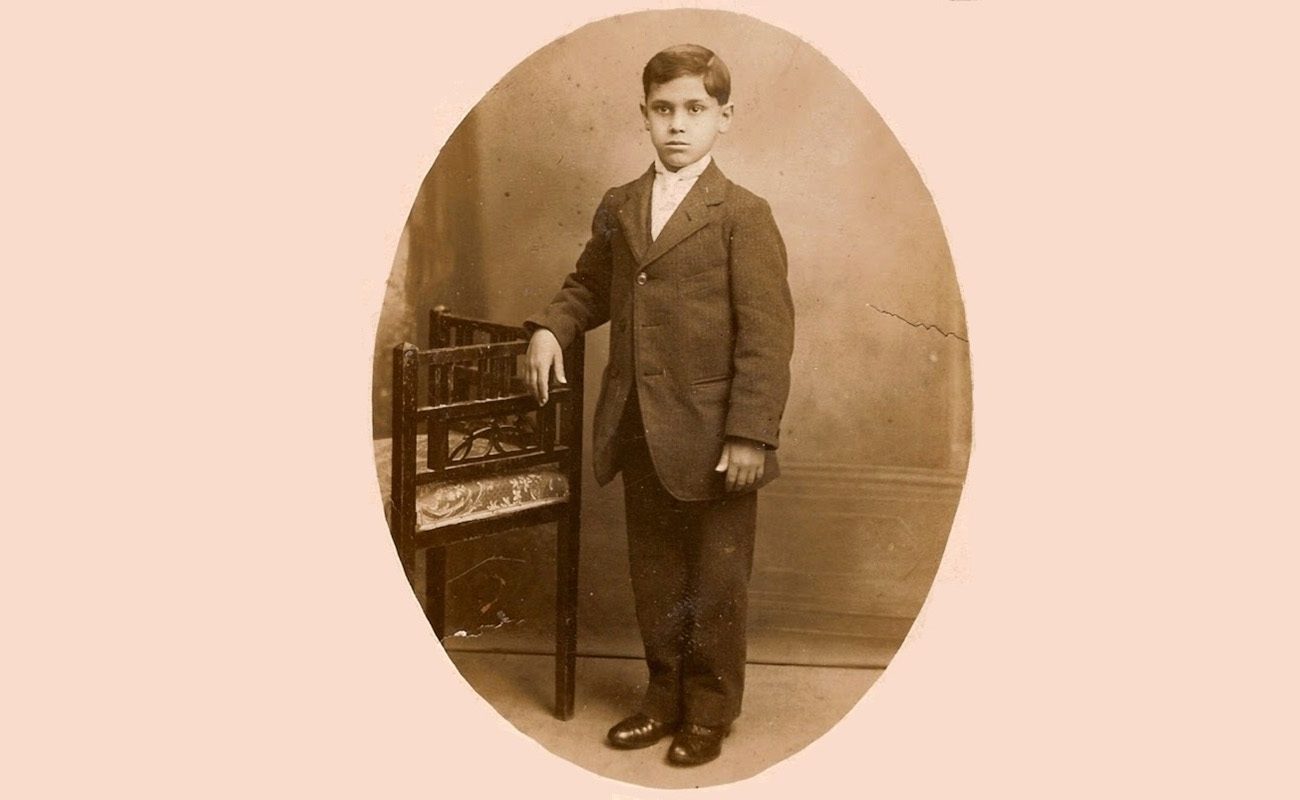A story about El Carbonerillo
El Carbonero had attended some event organized by the leftist party Frente Popular, which implies he was a Republican sympathizer, and in those days got in some trouble because of it. He finally agreed to sing for the rich man that night, due to Peana’s entreaties, and all went well until he sang a fandango that bothered the señorito.

On April 6th will be the 80th anniversary of the death of Manuel Vega García El Carbonerillo, a genius of f Seville’s cante, born on February 8th, 1906, on that city’s Sol street, which also was the birthplace of another legend of cante, Antonio Pozo El Mochuelo. El Carbonerillo was so popular in Seville at the end of the 1920s that he was the protagonist of many interesting stories. Shortly before he died, Antonio Peana, guitarist from Seville and a great friend of El Carbonerillo, told me in his apartment in Santa Cecilia (Triana distric), the following story: one night came to Seville a rich man wishing to party with some cantaores, and Antonio suggested hiring El Carbonerillo. After the fees were agreed, they looked for Manuel Vega along La Alameda, where he often wandered, and they found him a bit despondent, as his health was not good and he wasn’t in the mood for singing. Indeed, he would die within three or four months. In the midst of the Spanish Civil War, Seville was a dangerous city to wander at night, because there was always the possibility of coming across a franquista(1) looking for a fight and getting in trouble. El Carbonero had attended some event organized by the leftist party Frente Popular, which implies he was a Republican sympathizer, and in those days got in some trouble because of it. He finally agreed to sing for the rich man that night, due to Peana’s entreaties, and all went well until he sang a fandango that bothered the señorito:
Neither the rich man with his money
Neither the king with his crown
Neither the rich man with his money
Are worth more than this person:
A woman that I love
And forgives my trespasses
(2)
This fandango had been recorded by El Carbonerillo in 1929, for the Regal label, accompanied by the guitar of Niño Ricardo, and it was one of the most popular fandangos in his extensive repertoire. Apparently, the man who had to pay for the party got very upset, because he was a franquista and also a monarquista. Peana said that his face got pale with fury and, calling him aside, he asked: “Peana, is this guy a Republican?”. “No, these are not his lyrics, although he sings them sometimes” replied Peana. “OK, he better stop fooling around!”, warned the señorito. El Carbonerillo kept on singing, and instead of softening the rebellious content of his lyrics, he went further:
The only good thing is money
Bloodline means nothing
The only good thing is money
Whoever is rich marries
The best woman in the Empire
Regardless of her race.
(3)
According to Peana, the rich man was quite ugly, yet his wife was absolutely gorgeous, so, naturally, he thought that El Carbonerillo was making fun of him. At the end of the party, he paid Peana what they had agreed and, as he was leaving, the señorito told him: “Peana, the next time I ask for a cantaor, I hope he won’t be such a son of a bitch like this one, OK?”. A few month later, on April 6th 1937, the genius of Seville died, victim of tuberculosis, when he was only 31 years old. The next day, his mother would go around buying and destroying every slate record featuring her beloved son, a story that the late Paco Lira (former owner of La Carbonería) had already told me. She certainly did so trying to avoid further grief, never again listening to fandangos like this one:
The kisses of a mother
No kisses are so sweet
Eighty years after his dead, El Carbonerillo still lives.
- The Spanish Civil War (1936 – 1939) was fought between the “Republicanos” (socialists/communists and anti-monarquist) and the far-right/fascist “Nacionalistas” (also known as “franquistas”, as they were lead by general — and later Spanish dictator — Francisco Franco)
Ni el rico con su dinero,
ni el Rey con su corona.
Ni el rico con su dinero.
Vale más que la persona
de una mujer que yo quiero,
que la ofendo y me perdona.
Lo que sirve es el dinero.
No es la sangre lo que manda,
lo que sirve es el dinero.
Aquel que es rico se casa
con la mejor del imperio,
sin tener en cuenta la raza.




